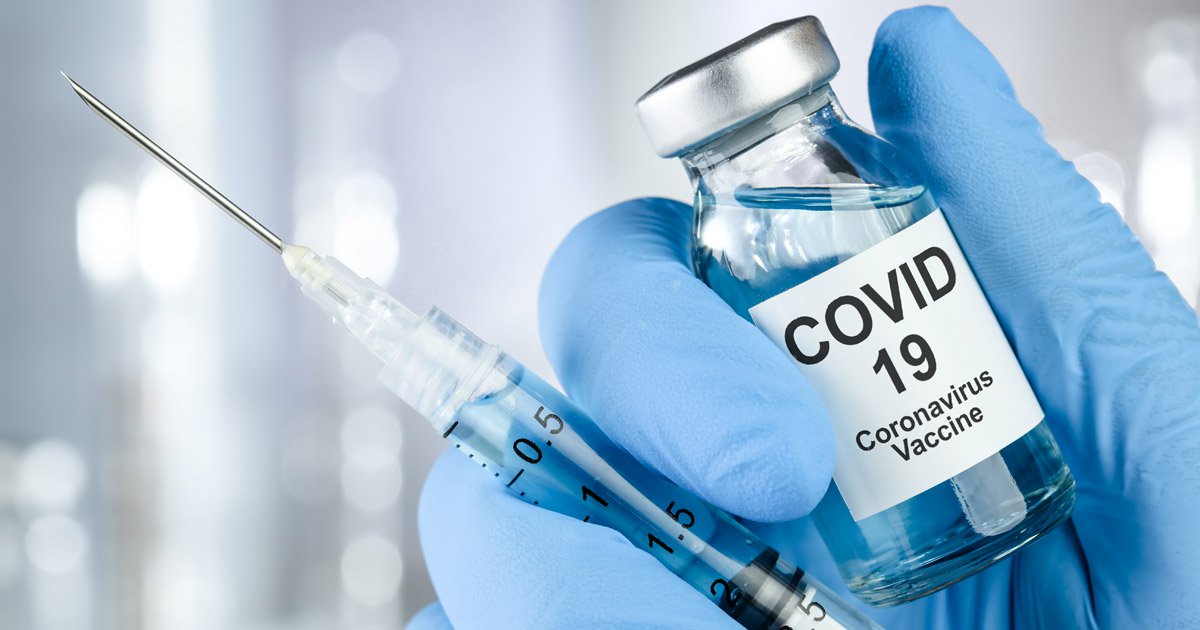Vaccines will soon be available to everyone in Rhode Island. Photo from healio.com.
The state of Rhode Island has paused the use of the Johnson & Johnson COVID-19 vaccine, but eligibility for vaccinations in the state will open to those age 16 and older on Monday, April 19.
Students can set up their COVID-19 vaccination dates at state-run sites on vaccinateri.org or with retail pharmacies such as Walmart, CVS and Stop & Shop, according to Rhode Island Department of Health (RIDOH) spokesperson Annemarie Beardsworth.
With a high demand for vaccines, Beardsworth said it may take a few days to get a vaccination appointment. However, the “regular turnover” of appointments allows for more to open up daily.
“[It is] common here and in other states, people make appointments at multiple places because even though we tell people that once you make an appointment there is a dose that has your name on it, people are making multiple appointments,” Beardsworth said. “So once they do get vaccinated, they cancel the other appointments.”
Once canceled, these appointments become available to the public for other people to get vaccinated.
For out-of-state students looking to schedule a vaccination appointment, Beardsworth said if you receive your first dose of vaccine in Rhode Island, there is a second dose for you if you return to the state once the three or four week period between doses has elapsed.
Beardsworth also encourages students to get vaccinated in their home states if they are not able to get vaccinated while in Rhode Island.
As of April 13, Rhode Island has given 708,530 doses of COVID-19 vaccines. According to Beardworth, so far 309,622 people have been fully vaccinated.
“It has taken an immense amount of organization and coordination to make all of this happen, with everything from staffing all of the vaccination sites, ensuring vaccine availability and all of the technical things like with our pre-registration system,” Beardsworth said.
He said Rhode Island has paused its administration of the Johnson & Johnson vaccine per national recommendation, while the Centers for Disease Control and Prevention (CDC) and the Food and Drug Administration (FDA) evaluate the six cases of blood clots in recipients.
The RIDOH had 2,000 doses of the Johnson & Johnson vaccine in this week’s allocation, according to Beardsworth, and was able to cover any appointment made for this vaccine with a dose of either a Moderna or Pfizer vaccine.
“We want to underscore for people that, yes, these are very serious adverse events, but they are also very rare,” Beardsworth said. “We don’t want to downplay them because, for those affected, it’s obviously very serious, but we also want people to understand that this is six cases in the millions of doses that have been administered.”
As of April 12, more than 6.8 million doses of the Johnson & Johnson vaccine have been administered in the United States, according to CDC data. Of the approximately 31,500 Rhode Islanders that have received this vaccine, Beardsworth said the RIDOH has not had any reports of adverse reactions.
The Johnson & Johnson vaccine is under evaluation, but the Pfizer and Moderna vaccines are other viable options for vaccination. According to the Medical Director of Health Services at the University of Rhode Island Dr. Chris Nasin, the efficacy rates for the Pfizer and Moderna vaccines are 95 percent, but they may be lower with new COVID-19 variants.
Pfizer and Moderna use messenger RNA vaccines, which use a biochemical recipe that the cell takes up, creates a spike protein and excretes it into the extracellular space which creates the antibody response, according to Nasin. He clarified that these mRNA vaccines do not interact with your cell’s DNA nor change it. This type of vaccine has been used for over 20 years and is an “incredibly safe” and “incredibly efficacious” strategy, according to Nasin.
While the vaccines are not 100 percent effective, Nasin said the 5 percent who might still contract the disease will have a very mild course, which will help prevent overwhelmed health care infrastructure.
“I honestly think it’s the only way we’ll get back to a sense of normalcy,” Nasin said. “If we can do a really good job of vaccinating our community later this spring and over the summer, I think the fall will be much more normal.”





